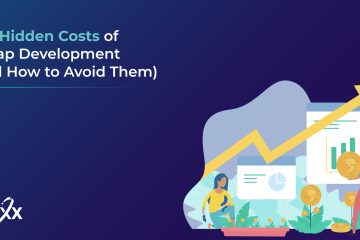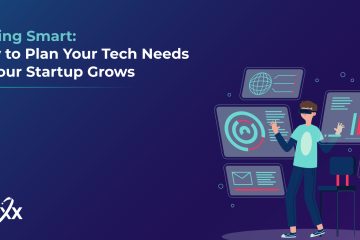We’re living in a world full of data, and half the battle is figuring out how to sift through all of it. This is why data aggregation proves vital as a way to help businesses easily summarize and analyze data. Several businesses are looking to build data solutions that leverage data aggregation capabilities to gain widespread insights and enhance their decision-making prowess. Below are five industries that can benefit the most from data aggregation:
Healthcare
Aging populations, combined with a growing need for medical care across the globe, means that the healthcare industry needs to work around the clock to create innovative medical solutions. Becoming Human discusses how machine learning algorithms can aggregate data such as lab results and patient records, provided that the industry stops storing such data in strict silos. The future of medicine will rely on integrative and aggregated analysis in order to predict health trends and incoming need for services, as well as come up with better healthcare solutions.
Finance
Fintech company Plaid recently acquired investment data aggregator Quovo in a move that signifies how fintech companies will continue to dominate in the years to come. Plaid is a banking API that allows users to monitor their accounts. It is expected that the company’s partnership with Quovo will focus on harnessing customer data towards helping financial institutions analyze existing data and customer spending habits. Plaid and Quovo can then use this analysis to help customers understand how their data is being used, thereby creating a more transparent industry.
Legal industry
With new start-ups and artistic innovations coming out on a regular basis, securing intellectual property is more important than ever. Tech insider James Gonzales writes that blockchain could be used to trace the creation and use of intellectual property for a particular product, thereby providing solid evidence for both inventors and lawmakers. Ledgers can then be used to track the distribution of a certain product. For intellectual property lawyers, aggregating all this information can help build a database that can then empower them to advise clients who are interested in creating new patents, establishing copyright, and so on.
Environmental industry
Climate change is worsening by the day, and the only way to get a proper handle on it is through data. Our previous post on ‘How Blockchain Technology Can Make Our Environment Sustainable’ lists aspects such as geospatial monitoring, disaster preparedness, and innovative resource management as some ways that blockchain could help industries become more environmentally sustainable. Such data aggregation can help NGOs and private firms from all across the globe analyze similar patterns and create worldwide solutions to help save the environment.
E-commerce
E-commerce is a rapidly growing (and not to mention fiercely competitive) industry. Proper analytics is what ends up drawing the line between a good online seller and a great one, which makes all the difference when it comes to sales. The Data-as-a-Service (DaaS) market proves a worthy investment for sellers who want to quickly enter the market. These third-party providers will collect insight such as spending habits and favored search terms, which merchants can then use to market their products accordingly.
By leveraging information from multiple sources, data aggregation has become the key step in forecasting trends and championing innovation across various industries. As more and more data gets created every day, expect to see more industries leverage data aggregation for comprehensive analysis and better decision-making.
With so much in the offing, Ionixx believes in extending its data aggregation services to a variety of businesses and has extensive experience in delivering high-end data aggregation solutions of varying complexity, across various industries. Contact us to know how our data management solutions can help your business!


